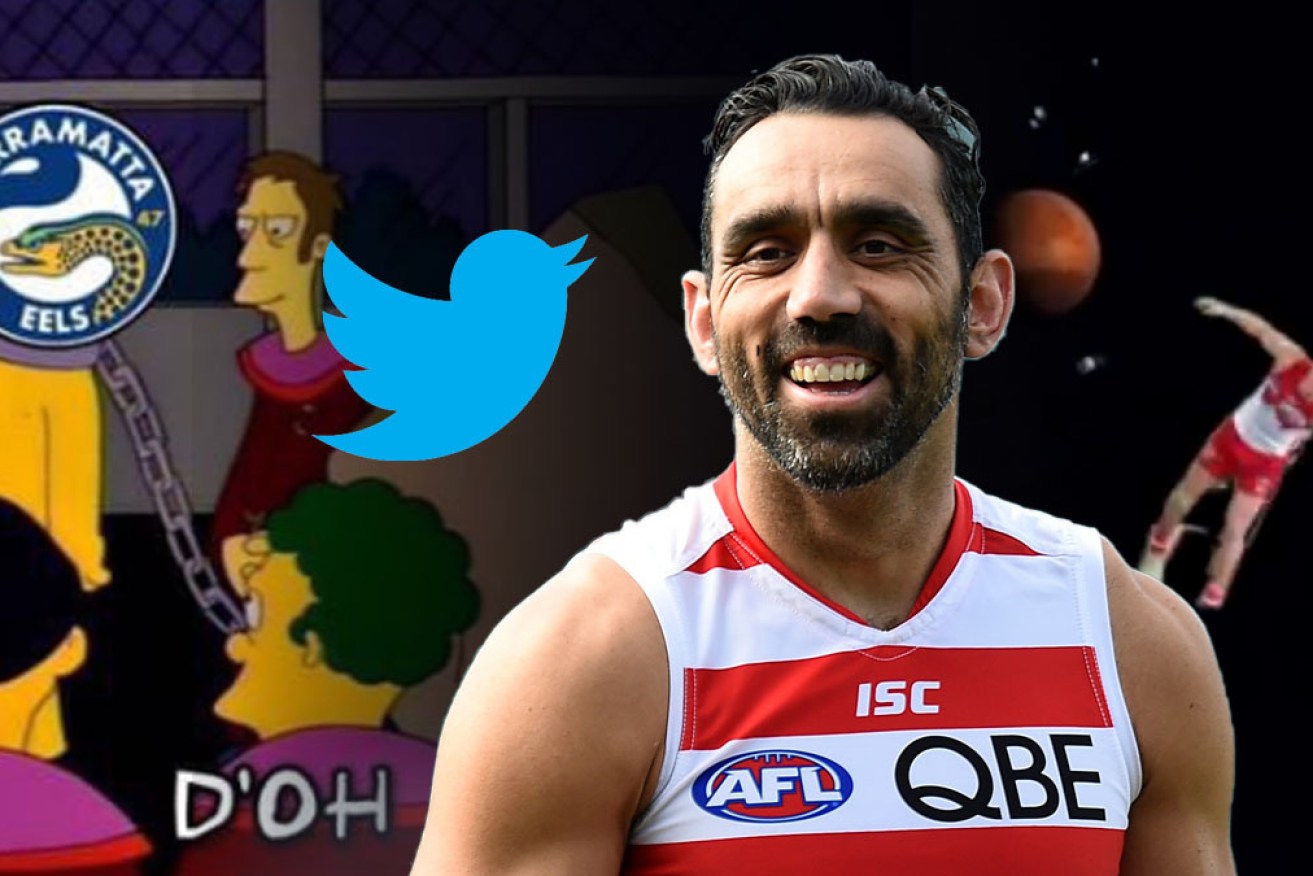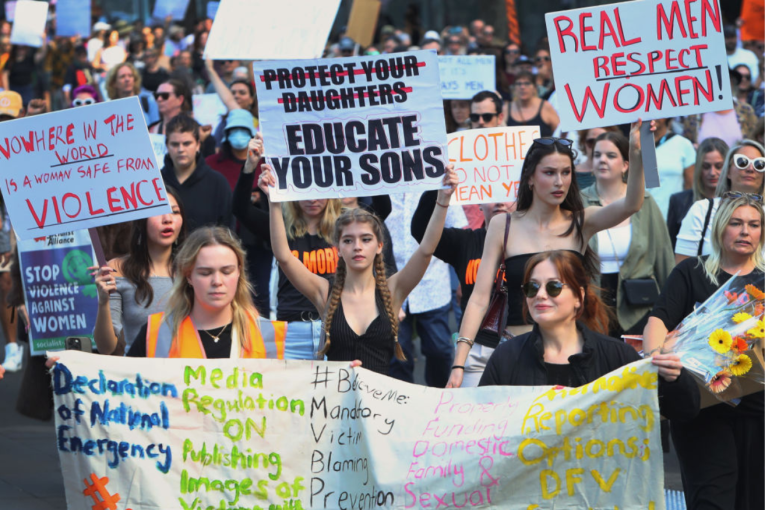Why tweet? In social media, like sport, the cesspit can outshine the sensational


In social media, like sport, there is the good, the bad and the downright awful. Photo: TND
When Callan Ward made a five-course banquet over a high bump in the final minutes of the Greater Western Sydney clash against Essendon on Friday night, the takeaways were harsh.
Perpetually frustrated Bomber fans and an AFL community on the edge over umpiring interpretations lit up social media to chew out the Giant.
Not unlike Monty Python’s nauseating Mr Creosote, the spew that flows on some social media accounts usually comes in waves, and this was no different, culminating in a death threat that shook Ward and saw the Bombers issue a statement to call out the abuse.
Abuse and vitriol on social media appears to have become part of the price of being in the space for many people in the public eye, be they politicians, sports stars, celebrities or the media.
With toxicity creeping into every aspect of public discourse online, it’s worth remembering that it is up to each individual to lift the tone, both in the way sport is played and covered.
During the long night of its supplements saga, Essendon was not above stoking the passion of fans as part of its pushback to an event of its own making and with commercial ramifications.
As sports editor at The Sunday Age – and as a Bomber fan who questioned some of the club’s decisions – my inbox was a bin fire of abuse and threats whenever the club was covered in an unfavourable light.
The journalists putting their name to the award-winning work received far worse and it is little wonder that some of the nation’s best sportspeople and commentators choose not to join the social media maelstrom.
The AFL seems to have learned some valuable lessons in the intervening years, with the initial silence to the on and off-field treatment of Indigenous champion Adam Goodes being highlighted and resulting in an apology from the league for not doing more to stand up to bullies.
And while that hasn’t stopped the abuse of guns like Eddie Betts this season, the push back from clubs and players will eventually start to filter through the community.
If our politicians and a large part of the media will not lift the tone even in a global pandemic, it’s vital that there’s an example set at all levels by our sporting clubs, athletes and others with a media presence.

Racially abused: Adam Goodes. Photo: Getty
Sport has long been a force for good and change in society and the example set on social media should be a key part of that going forward.
Which is what makes it all the more disappointing to see the regular trivial spats and backhanders directed by some high-profile sportspeople and media personalities to critics and even their peers.
When there’s so much clever, amusing and intelligent content on social media, it’s frustrating to see the divisive grandstanders being rewarded for low content, albeit “controversial” abuse.
The Ward incident is a case in point, with all the attention on one anonymous coward rather than the brilliant shooting star meme – a video that takes some time for the initial poster to cut and edit and has become a hilarious standard for players who have taken a dive.
Tweet from @ethanmeldrum_
When at its best, a well-curated sports Twitter feed is a brilliant medium for bringing a like-minded community to you – enhancing the experience of watching from home.
In the NRL, the Simpsons-NRL meme account is a small but growing place for fun, while anyone who enjoys Formula One will love hearing Australia’s favourite racer do Scooby-Doo impressions on the Out of Context Daniel Ricciardo account.
Tweet from @Simpsons_NRL
Tweet from @OoCRicciardo
And where else but Twitter could you find former Olympic swimming great Mark Spitz marking the 48th anniversary of his Munich triumphs by doing a lap with a glass of water on his head?
Tweet from @mick_cowley
These accounts are the reason there’s a specific hashtag #ContentImHereFor which can, and should, be used to highlight the best of Twitter.
Alas, too often the platform is used merely as a vehicle to wind up others, culminating in abusive back and forths that add nothing and merely highlight the character flaws of those engaging in the oneupmanship and preening.
Research in English football has highlighted that the way to stamp out abuse online is to recognise the problem and ensure there is zero tolerance and better co-ordination between players, clubs and organisations.
For the average fan, that means blocking trolls immediately and reporting to the social media platform when there is unacceptable abuse.
If you see high-profile posters engaging in daily spats, ask yourself why reward that content with a follow?
And given we are all prone to moments of passion and high drama, it’s also up to each of us to hold fire and make social media a kinder place.
Not all of us can stay away from sport like superstar investor Warren Buffett, who once claimed that he’d never own a team because he didn’t want the blame after a loss.
But Buffett, who has 1.7 million Twitter followers and yet follows no one, says the most important advice he ever received was: “You can always tell someone to go to hell tomorrow”.
When your finger is hovering over that abusive tweet or nasty hot take you’ve just spewed out in the heat of a sporting moment, Buffett’s logic is: “Just forget about it for a day”.
“If you feel the same way tomorrow, tell them then. You haven’t missed the opportunity.”
Chances are that by then your perspective has returned and sport’s trivialities have become a source of joy again.








